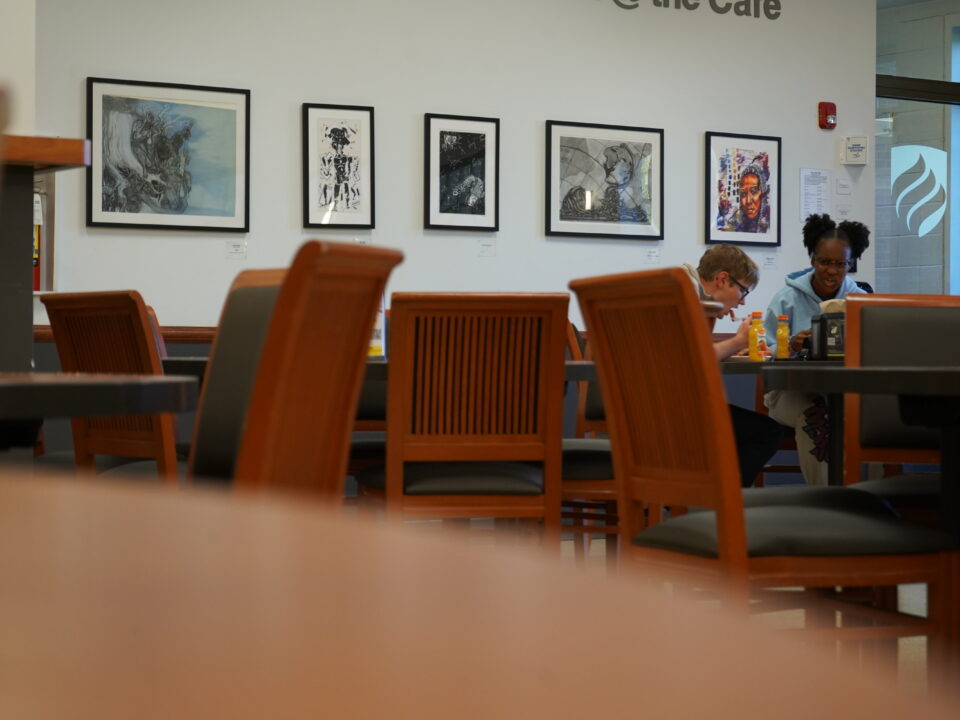Elmhurst University should improve communication and scheduling
Elmhurst University has a communication problem. Administrators think students aren’t smart or trusted enough to think for themselves; and, headline events share the same dates. Departments step on each other’s toes and constantly ignore resources they would be willing to share with each other.
A prime example is the coming change in tuition by the board of trustees. In January, an email was released to students and faculty announcing the change, but the vote took place in October. Due to miscommunication between members, there wasn’t even a student government representative in attendance at the meeting where the vote took place.
This should be enough to raise alarm bells among students, but it doesn’t. Mostly because this type of miscommunication and opaque level of transparency from Elmhurst faculty is the norm. The university regularly ignores thoughts and requests from students.
The Music Business Student Union is yet another example of this. The group frequently plans student-run and funded music events on campus, from masterclass panels to music festivals.
They don’t have a direct line to upper administration. The group had tried for months to secure funding, or at least permission to sign sponsors, for their Spring Playback event. They got a response less than a month ago telling them simply: “no”.
The response was after almost an entire semester of silence and requests from the students in charge of the MBSU, the faculty advisor of the MBSU, and James Hile himself, the director of EU’s music department. The university’s silence speaks volumes: they don’t want to hear what students have to say.
The fact that it required the department chair to get a response with no action steps or resolution is asinine. It shows just how little Elmhurst’s administration actually cares about the success of students, but rather about keeping up appearances.
While general administration is an obvious example, departments tend to frequently miscommunicate with each other too. In part due to the lack of promotion by the university, along with the sheer number of events both departments run, the Theatre and Dance and Music departments are constantly butting heads.
It seems like it shouldn’t happen — there’s plenty of student crossover between both groups, and the faculty do talk to each other on occasion, but the two overlap constantly.
“Legally Blonde,” this year’s spring musical at The Mill, happens on the same weekends as the Wind Ensemble and Symphonic band concerts and at the same time as the talent show, “EU On the Rise.” On top of that: the theatre department is not allowed to promote the production off campus because of a national touring version of “Blonde” happening concurrently.
The national tour isn’t something The Mill can fix, but the weekend conflicts most certainly could have been avoided. None of the parties involved were able to comment at the time, but regardless of whether or not discussions occurred, the conflict still exists and there’s no explanation as to why.
Scheduling and communication are skills. They’re difficult! Full-time faculty at a nationally accredited and award-winning higher education institution should know how to do it.


